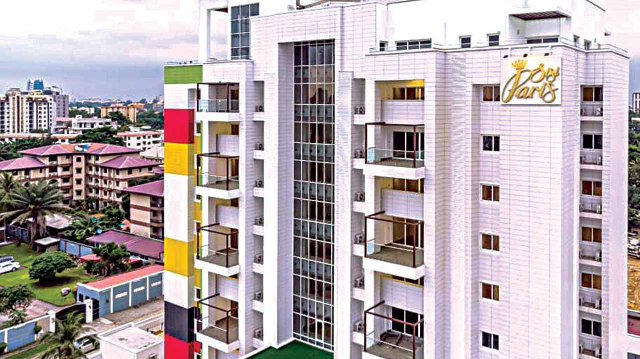The ordeal of the 1,731 retired workers of the defunct, Savannah Sugar Company, in Numan, Adamawa State, acquired by the Dangote Group of Companies in 2003, during the administration of former President Olusegun Obasanjo will soon be over, as Federal Government commenced the verification exercise of all retirees and retrenched workers.
In a statement issued Wednesday, in Yola, and made available to The Guardian, the Executive Secretary of Pension Transitional Arrangement Directorate (PTAD), Sharon Ikeazor, said the exercise is in furtherance of President Muhammadu Buhari’s commitment to improving the welfare of all Nigerian pensioners, especially those neglected by the previous governments.
She said the exercise is only for ex-workers of Savannah Sugar, pointing out that her staff were relocated from Abuja to Yola for the exercise, to ensure that the pensioners were not forced to face the hardship of travelling to Abuja.
Ikeazor said the verification exercise, which will last for nine days is only for workers, who were disengaged in 2002, following the privatisation of the company by the Obasanjo administration.
She explained that PTAD, which is under the Ministry of Finance, was established in 2013, to provide exceptional, transparent, and technology-driven pension services through a competent and dedicated workforce to improve the welfare of pensioners.
She cautioned pensioners not to pay money to fraudulent pension scammers, who are parading themselves as pension consultants to fast track their payments.
A
n ex-worker Savannah Sugar, Mr. John Audu, who was at the verification exercise, commended the Buhari government for rescuing them from the jaws of dead, as a result of the hardship they were going through due to non-payment of their benefits.
The Bureau for Public Enterprises (BPE), in 2009, was mandated by the House of Representatives to settle all outstanding claims by the former workers after an investigative hearing into the circumstances surrounding their retrenchment in 2002.













